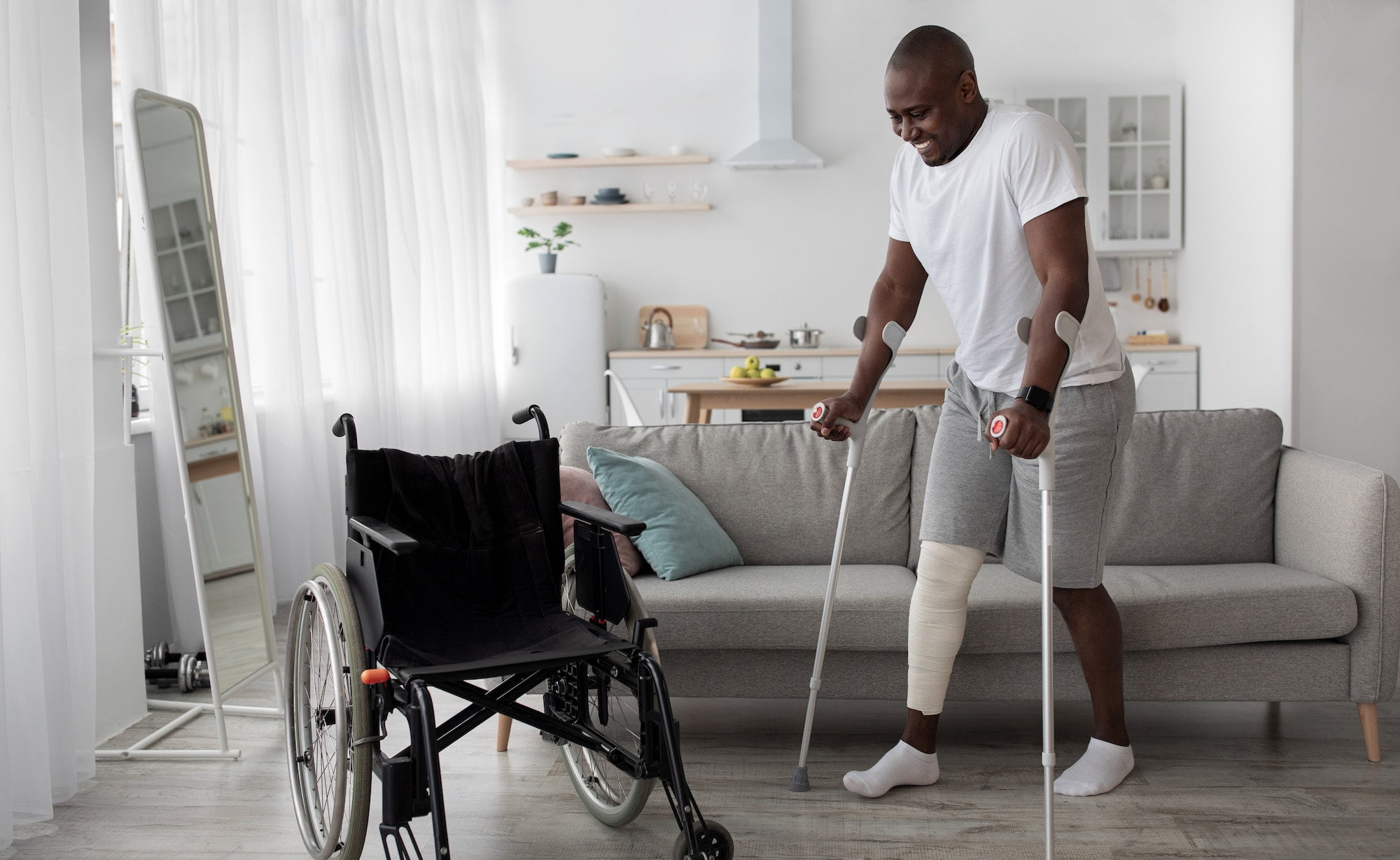Recovering from surgery is challenging, both physically and emotionally. It can be difficult to know where to begin, and the process can feel overwhelming. This guide aims to provide an overview of post-surgery rehabilitation, from pre-operative planning to post-operative care. We will explore the essential steps to take on the road to recovery, and provide tips to help you navigate the process.
Pre-Operative Planning
Before your surgery, it is important to make sure you are as prepared as possible. Your surgeon and/or doctor should discuss the expected recovery timeline with you, and provide instructions for what to do before, during, and after surgery. It is important to follow these instructions carefully to ensure optimal results and minimize the risk of complications.
It is also important to create a support system to help you during your recovery. Ask family and friends for help with tasks such as meals, errands, and childcare. Make sure to rest as much as possible in the days leading up to your surgery and take any prescribed medication as directed.
Immediate Post-Operative Care
Immediately after surgery, you will be moved to a recovery room and monitored for any changes in your physical condition. Depending on the type and length of your surgery, you may stay in the hospital for a few days or weeks. During this time, it is important to follow your doctor’s instructions for rest, movement, and medications. You may need assistance with basic tasks such as eating and getting dressed, and your doctor may order physical therapy to help you regain strength and mobility.
Your doctor may also recommend that you wear compression garments or a special brace to reduce swelling and help your body heal. Additionally, you may need to attend regular check-ups and follow-up appointments to monitor your progress.
At-Home Recovery
When you are discharged from the hospital, your recovery will continue at home. Depending on the type of surgery and your doctor’s instructions, you may need to take a few weeks off from work and other activities. During this time, it is important to follow your doctor’s instructions for rest, movement, and medications.
Your doctor may also recommend that you attend physical or occupational therapy sessions to help you regain strength and mobility. Additionally, you may need to wear compression garments or a special brace to reduce swelling and help your body heal.
Lifestyle Changes
After surgery, it is important to make certain lifestyle changes to ensure a successful recovery. Eating a healthy, balanced diet is essential for healing and maintaining a healthy weight. Exercise is also important; talk to your doctor about which activities are safe for you to do. Avoiding smoking, drinking alcohol, and taking recreational drugs are also important for a successful recovery.
Finally, it is important to manage your stress levels. Make sure to get enough rest and take breaks when needed. Developing healthy coping strategies such as yoga, meditation, and journaling can also help you manage stress levels.
Conclusion
Recovering from surgery can be a long and challenging process. It is important to plan ahead and be prepared for the recovery process. Following your doctor’s instructions and making lifestyle changes can help you achieve a successful recovery. Additionally, having a strong support system and taking time to rest and relax can help make the recovery process more manageable.
For more information on post-surgery rehabilitation, please visit Eastside Ideal Health.

